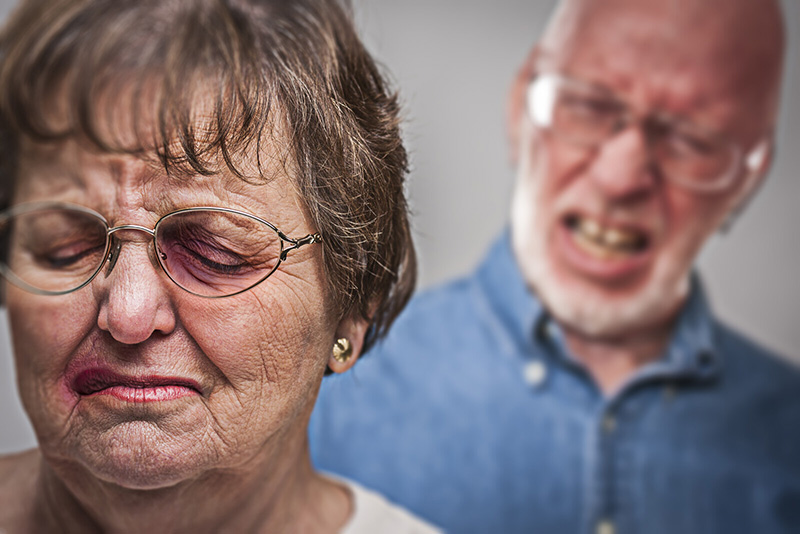Elder abuse is a serious concern in the United States of America, with around 5 million seniors suffering from some form of abuse, neglect, or financial exploitation, according to the SSA (Social Security Administration). Increasing awareness of elder abuse is of utmost importance for the SSA and the OIG (Office of the Inspector General) because many social security retirement and disability recipients are seniors. Some of these elders rely on representative payees to receive and manage their social security benefits. Personal injury attorneys handling such cases of abuse and injury and providers of medical record retrieval services that assist these attorneys recognize elder abuse as a major problem that needs to be addressed efficiently. The troubling fact is that older Americans lose more than $2.6 million every year because of these crimes against them, says the Administration for Community Living.
The SSA has suggested five ways to prevent elder abuse and ensure that the older generation gets to live safely, peacefully and comfortably.
- Don’t allow elders to be isolated: Social isolation is a major reason for elder abuse. Those who lack strong social networks are at a greater risk of abuse, exploitation and neglect. Staying in touch with the older adults in your community is very important. Also, it is important to support community efforts to empower elders and fight isolation. People can act by volunteering to deliver meals or serve as a long-term ombudsman.
- Identify red flags: Red flags that hint at the presence of elder abuse could be isolation (especially by a caregiver); unusual or quick changes in financial documents or a will; unpaid bills or utilities that have been turned off; missing medications; and bruises or welts especially on the face. In case you are uncertain that some kind of abuse is taking place, you can always report the same to the authorities concerned.
- Connect with available resources in your community: Adult Protective Services agencies investigate and respond to suspected abuse. There are Long-term Care Ombudsman programs that advocate for residents of care facilities. Similarly, Area Agency on Aging and Aging and Disability Resource Centers can provide meals, health and wellness programs, and caregiver support programs. Older Americans Act Legal Services Providers can provide legal help.
- Look out for fraud and scams: Scammers steal billions of dollars from seniors every year. To protect elders from such scams older Americans can do the following:
- Sign up for the Do Not Call Registry online or call 888-382-1222 to reduce telemarketing calls.
- If you suspect social security fraud report it online or call 800-269-0271.
- Never give your personal information including Medicare, Social Security, banking, and credit card details over the phone unless you started the call.
- Consult a lawyer or trusted family member before signing any document you don’t completely understand.
- Feel free to talk about the abuse: Many older adults hesitate to talk openly about the abuse, neglect or exploitation they are facing. A study showed that for every reported case of elder abuse, 23 cases go unreported. Victims of abuse should never feel embarrassed or that they are responsible for the abuse they experience.
The Elder Justice Act of 2009 is considered the most comprehensive bill passed to fight elder abuse, exploitation and neglect. States that have mandated reporting requirements have included nurses among other professionals required by law to report elder abuse. Any person who is in some way responsible for the care of an older adult (professional at-home caregivers, caregivers hired through family members, other medical professionals who interact regularly with the elderly person) should make a report if they suspect elder abuse. As providers of medical record review service for elder abuse attorneys, we know that elders with conditions such as poor cognitive function, substance abuse or alcoholism, and increased physical dependency are more at risk of facing abuse. Identifying abuse in a timely manner and reporting it can help prevent elder abuse and ensure that the elderly person receives the care he or she needs.




